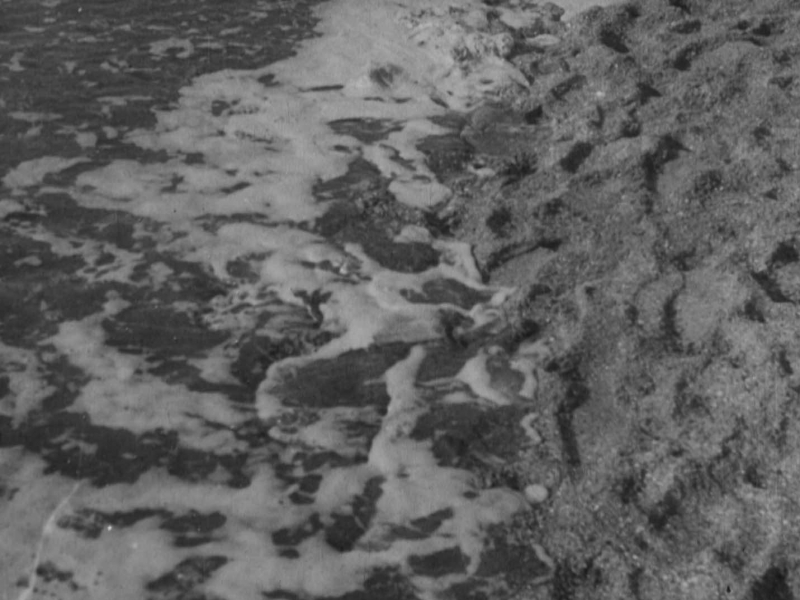
With nimble-fingered virtuosity, he operated an array of objects arranged around his piano: fake pistols for crime-of-passion gunshots, castanets to imitate the sound of horses’ hooves, grains of lead sliding over a canvas for the sound of waves, buckets of water and sponges for the sound of raindrops. From high up in my little room across the street, I could hear the sounds of the piano, which allowed me to understand what kind of film it was: a farce, a bourgeois drama, a romantic comedy, or even a violent storm at sea or bolting horses at a gallop.